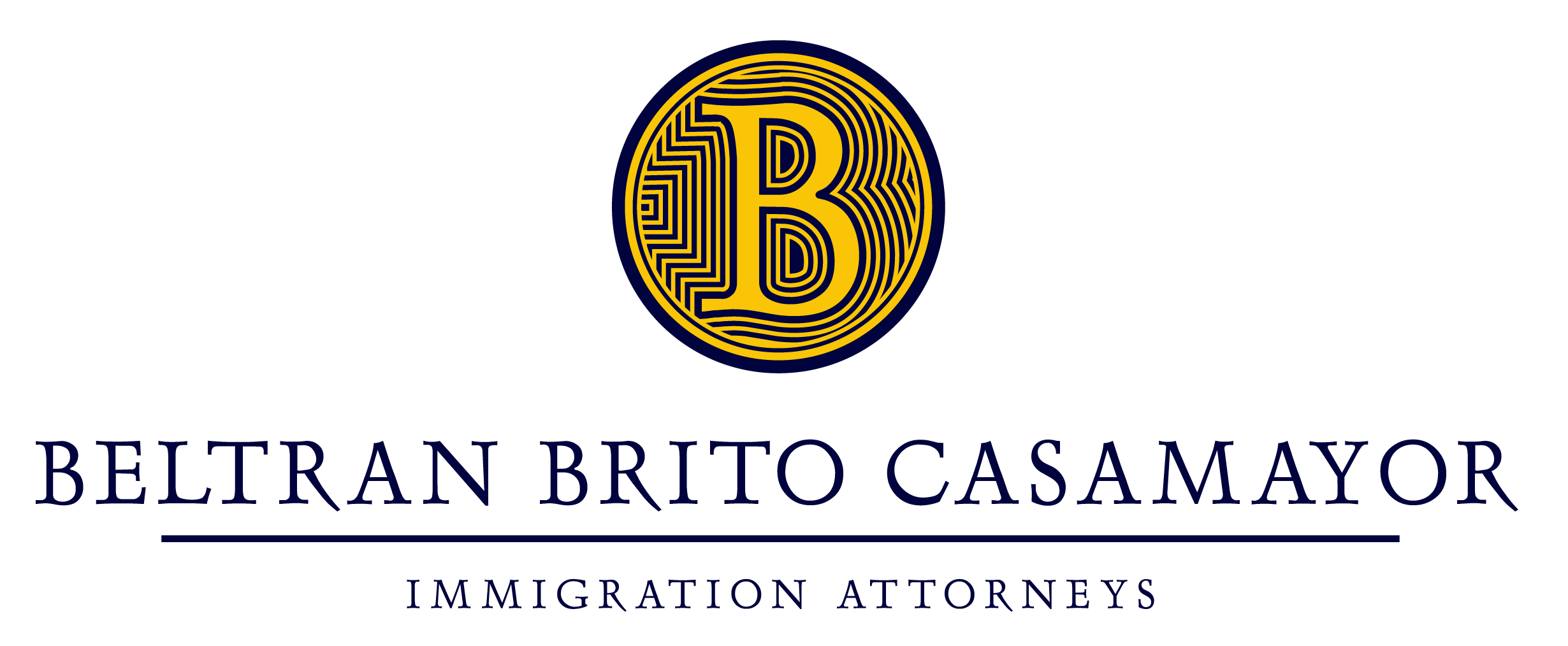E-1 Treaty Traders
Visa E1 / E2, is available to those citizens of a country that has a trade agreement with the United States, and that in turn meet other requirements established by law. Whether export products of the country of origin who holds the EU treaty (for Visa E1), or invest substantial capital in an existing business or a new one in the US (for E2 visa).
All persons who wish to develop a business in the United States (trade) and are covered by a commercial treaty between the two countries to develop a substantial trade, may opt for E-1 Visa.
Among the requirements considered essential to choose the Visa E-1, it is understood that trade must be substantial type, should be in between a treaty between the United States and the country you come from the applicant, and existing contracts and negotiated between the parties involved in the business.
When requesting the visa, trade must already exist. However, future investments can be provided that the funds are irrevocably committed to the same, depending only on the issuance of the visa. Investment funds may come from any country, including the United States, provided they are controlled by the investor applicant.
Who May File for Change of Status to E-1 Classification?
If the treaty trader is currently in the United States in a lawful nonimmigrant status, he or she may file Form I-129 to request a change of status to E-1 classification. If the desired employee is currently in the United States in a lawful nonimmigrant status, the qualifying employer may file Form I-129 on the employee’s behalf.
And who are eligible for the Visa E-1?
Who can opt for this visa must demonstrate:
Citizenship of the country that has a treaty with the United States and want to make the trade
The company that wants to make a trade with the United States, this located at least 50% (ownership) in the country subject to trade agreement
An exchange that is fluid and in sufficient quantity to be constant, between the United States and the country affect the trade agreement
Trade conducted with United States should at least be marketed by 50% within the country affect the treaty
If the person is not the main trader must possess certain skills or play a role that is understood “substantial” to achieve the exchange
A request for E-1 classification may not be made on Form I-129 if the person being filed for is physically outside the United States. Interested parties should refer to the U.S. Department of State website for further information about applying for an E-1 nonimmigrant visa abroad. Upon issuance of a visa, the person may then apply to a DHS immigration officer at a U.S. port of entry for admission as an E-1 nonimmigrant.
Substantial amount of capital
There is no fixed amount that may be considered “substantial”. A substantial amount of capital must be broad enough to ensure investor’s financial commitment to the successful operation of the company based on the proportionality test. This test compares the total amount invested in the enterprise with the cost of establishing a viable enterprise of the kind mentioned or the amount of capital needed to purchase an existing business.
Such comparison constitutes the percentage of the applicant’s investment in the company. This percentage should be higher than the highest percentage of investment in the case of a low-cost company, as is the example of an inverted sliding scale. The percentage of investment gradually decreases as the cost of doing business increases. The amount of capital invested in a company is merely presumed to be substantial when it meets or exceeds the percentages given in the following examples (amounts in US dollars):
- A 75% investment in an enterprise costing no more than $ 500,000 (If the cost of the company is significantly lower than $ 500,000, an investment of 85-90% or up to 100% is required).
- A 50% investment in an enterprise costing more than $ 500,000 but not exceeding $ 3,000,000.
- A 30% investment in any enterprise costing more than $ 3,000,000.
A multimillion dollar investment by a large foreign corporation is normally considered sufficient, regardless of the above examples. The investment must yield a superior amount needed to sustain the investor and family gain. The company does not meet this requirement is considered marginal.
Are permitted joint ventures?
Yes, as long as the business or individual investor applying for the visa is in a position to “develop and direct” the enterprise. The applicant is in that position because it controls the company through ownership of at least 50% of the business, taking operational control through a marginal position or other corporate device, or by other means showing the applicant controls the enterprise.
Example of Commerce:
Has established an American company, at least 50% is owned Peruvian, so, the operation American is committed to substantial foreign imports and exports, and at least 51% of which represent trade with Peru. This company is susceptible to qualify for registration as a trade based on goods merchant. In deciding whether the volume of trade is substantial, the consular officer will consider the type of operation, as well as the volume and number of transactions.
A company or an American branch has been set up and at least 50% of its ownership is Peruvian. The US operation is engaged in the marketing or providing services to a large number of American customers in the field of computer software which has been developed abroad. At least 51% of “imported” software originates from Peru. This company is susceptible to qualify for registration as a trade based merchant services.
100% Peruvian bank establishes a subsidiary or branch in the United States. The North American operation of the bank is highly committed to financial transactions, at least 51% of them involve US citizens. This bank will be susceptible to qualify for registration as a trader based on their financial services.
